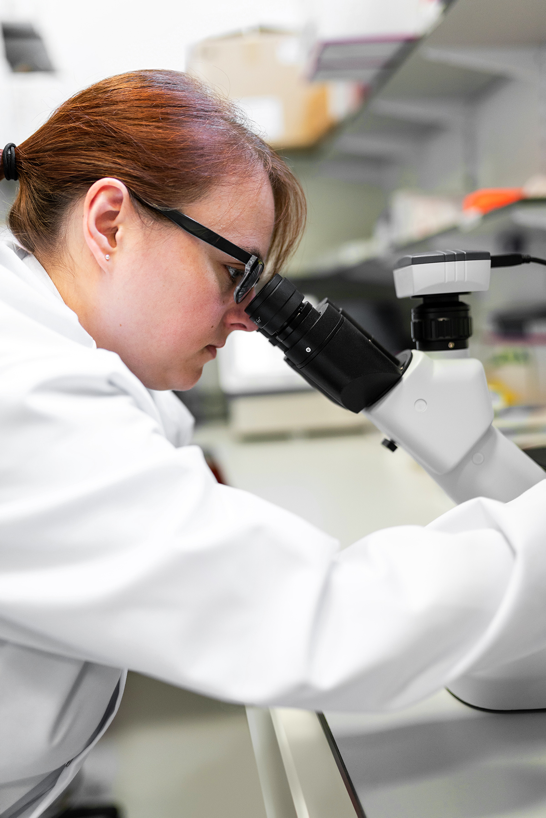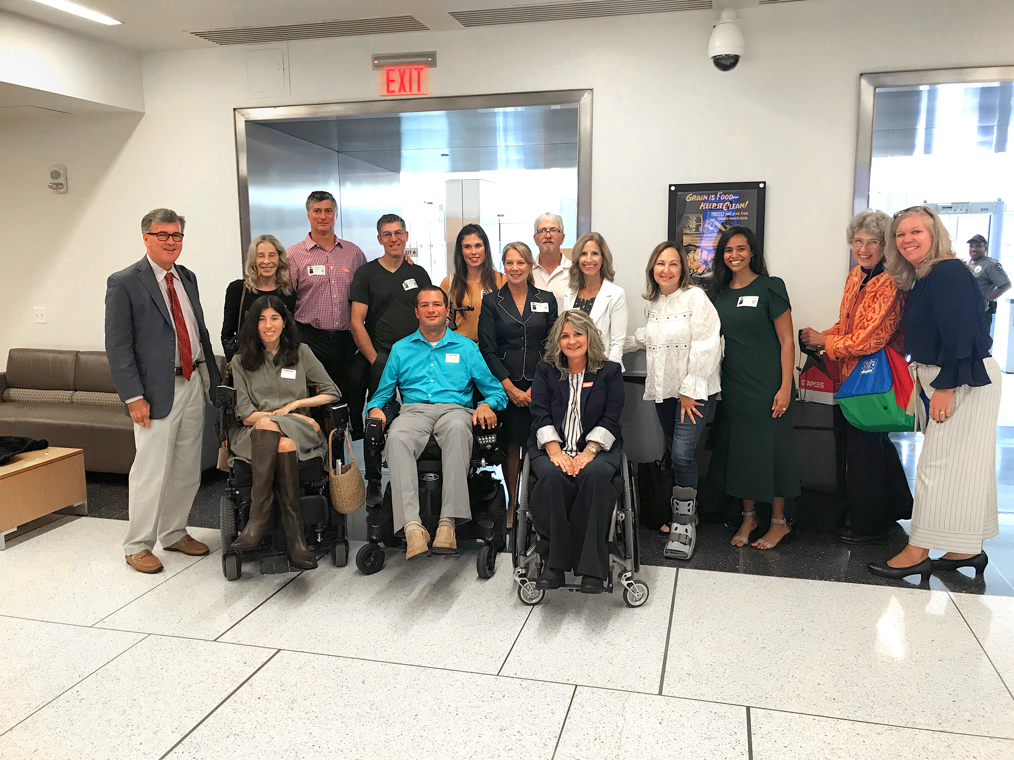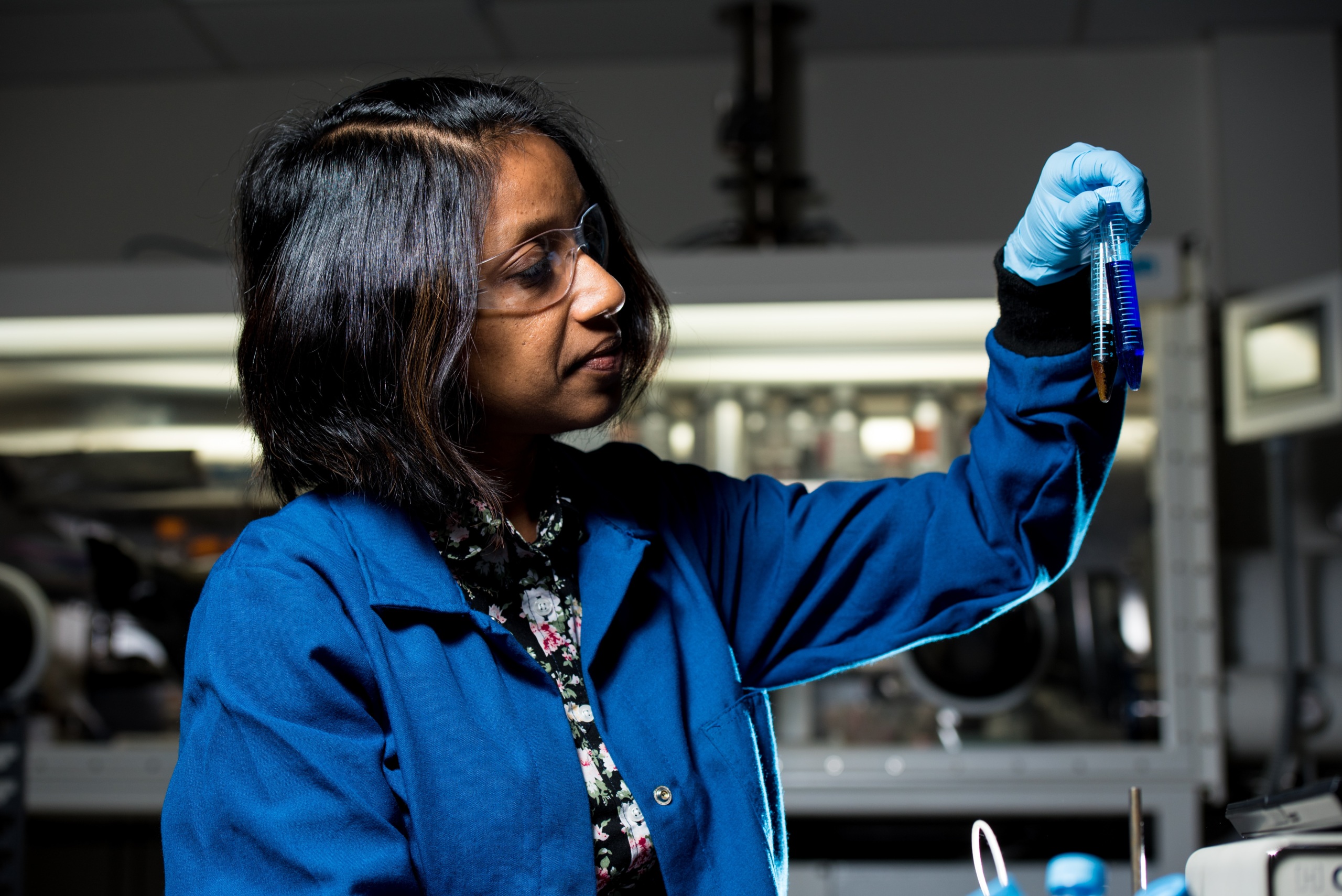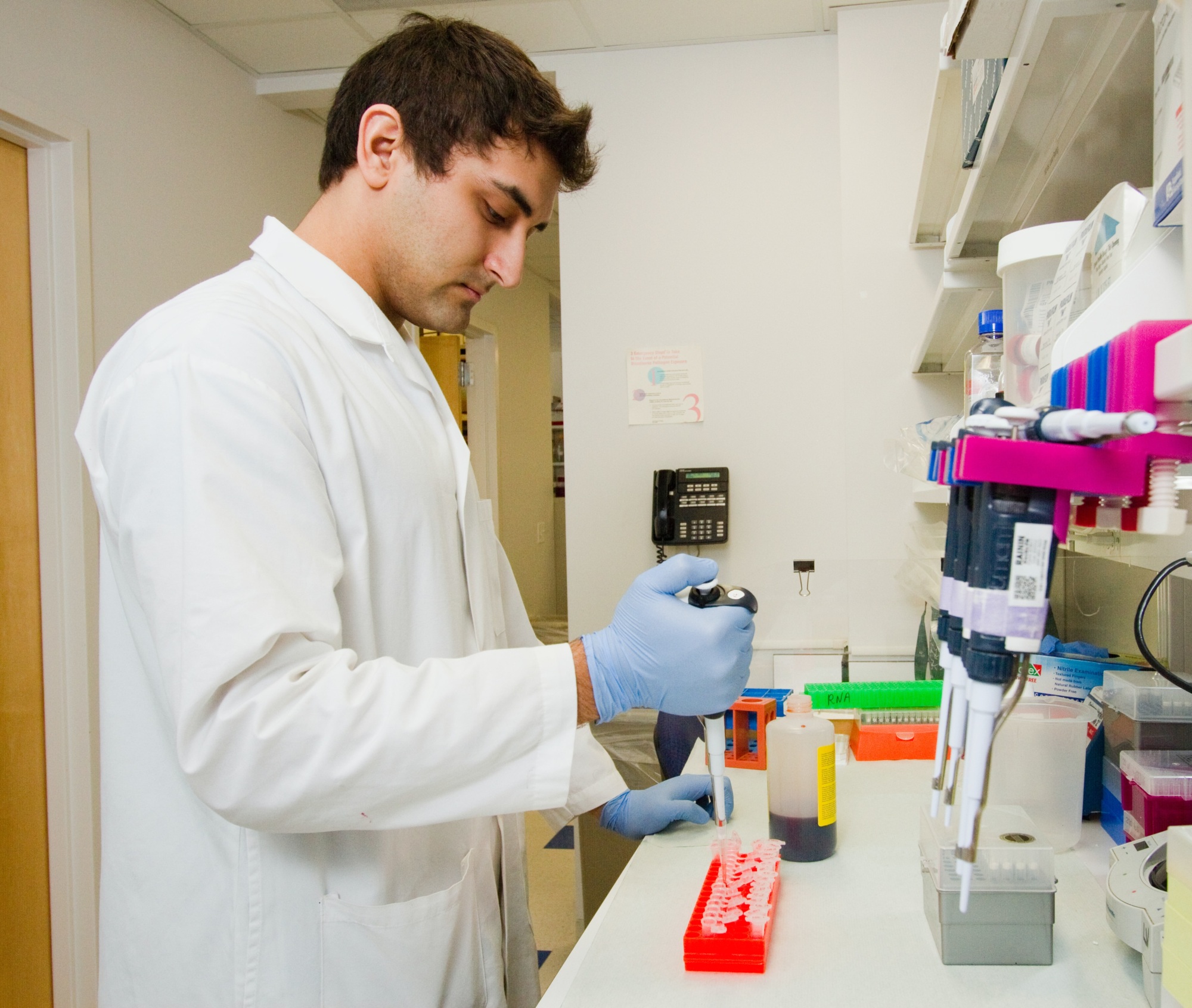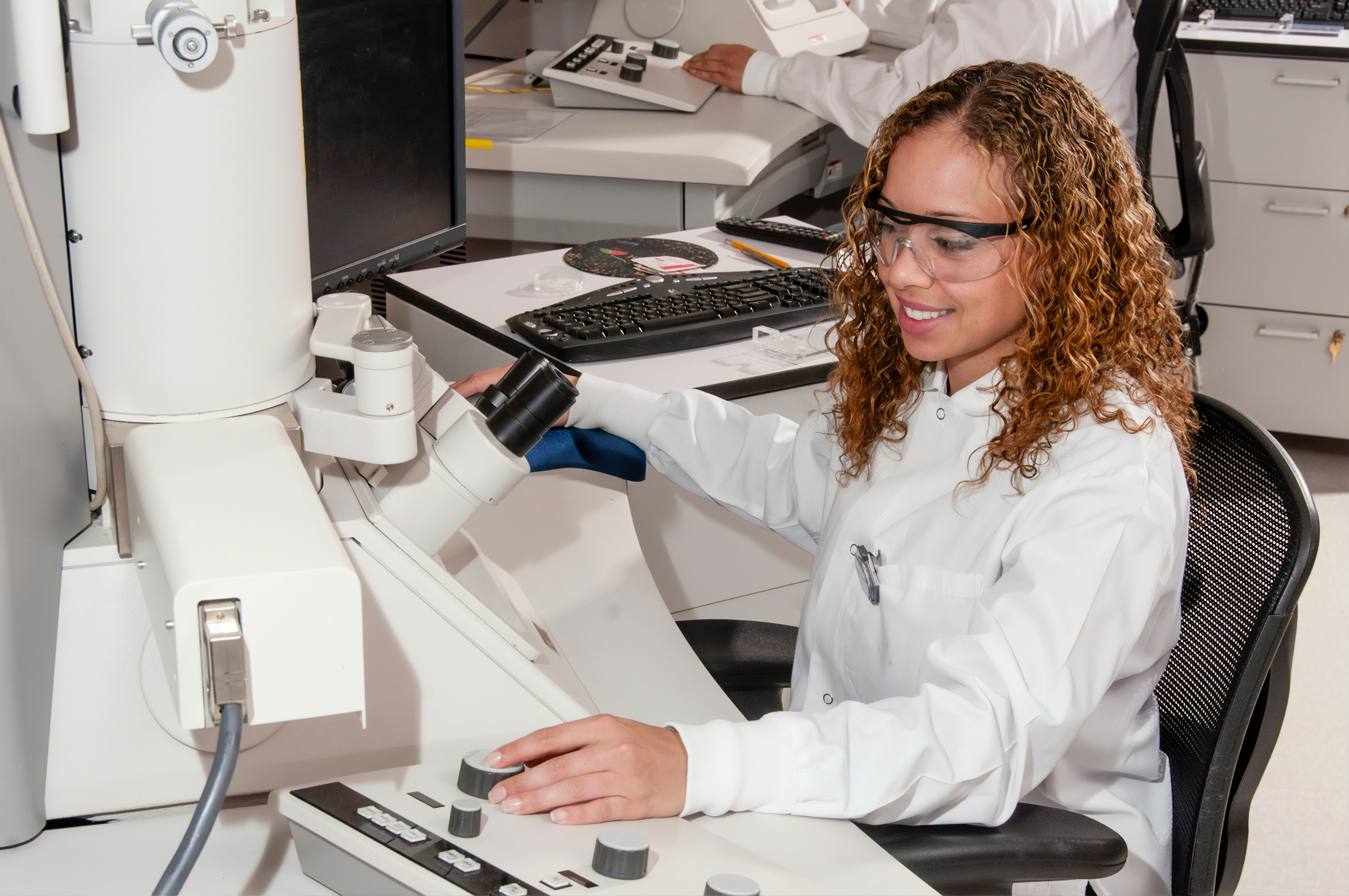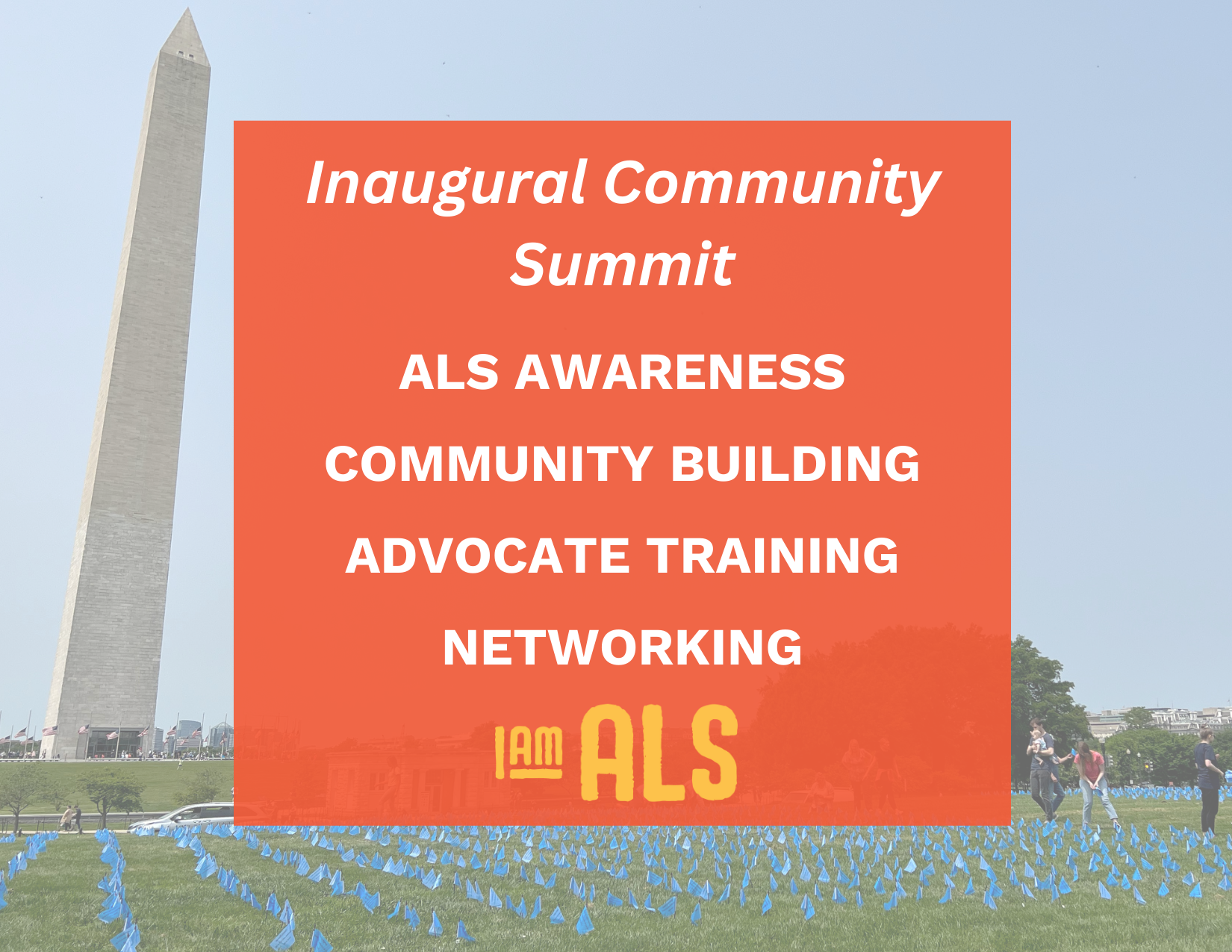We Are Closer Than Ever Before to Finding Cures for ALS
Here’s why:
Brace yourselves: For the first time in history, we now understand some of the genetic mutations that cause ALS. Yep, science is doing its thing. In addition, neuroinflammation (layman’s terms: inflammation of nervous tissue) and cell hyperexcitability (out-of-control electrical activity in the cells) are two biological events that might contribute to ALS. What does this mean? We are closer than ever before to understanding what causes ALS which puts us ever closer to knowing how to treat and cure it!
ALS has been around for 150 years. For the better part of a century, it remained a scientific mystery. Fast forward to now. There are currently hundreds of clinical trials taking place across the globe--involving many types of approaches--and hundreds of chances for a significant breakthrough each year.
Targeting the Genetic Forms of ALS
SOD1 is the first ALS gene to be discovered, and it affects about 2% of patients. When a change (mutation) occurs in this gene, it can convert a protein in the body into a non-working or toxic form that damages nerves and surrounding cells. Scientists have focused on designing therapies that block the production of this damaging protein. Take that, SOD1! This treatment is called an antisense oligonucleotide (ASO), and it can be designed to block the production of any gene.
Citation
A second discovery of a genetic mutation in gene C9ORF72 affects 10% of patients. Scientists have been working feverishly to figure out how these mutations cause ALS and how an ASO treatment could lower the toxic gene product created.
Citation
Looking for the silver lining? The good news is this discovery proves that if we can identify additional genetic causes of ALS, we may be able to design similar strategies to tackle genetic mutations. Slow clap for science my friends.
Targeting the Sporadic Forms of ALS
Ninety percent of sporadic ALS patients have no family history of the disease. The good news...we’re starting to better understand additional genes and events that might contribute to the disease.
There are new ways to reduce neuroinflammation to slow the progression of ALS.
Citation
And there are new ways to improve cell hyperexcitability to slow the progression of ALS.
Citation
Research Spotlight
Let’s dive into the research being done on promising treatments around the world.
Get help and connect with someone to understand your treatment and clinical trial options.
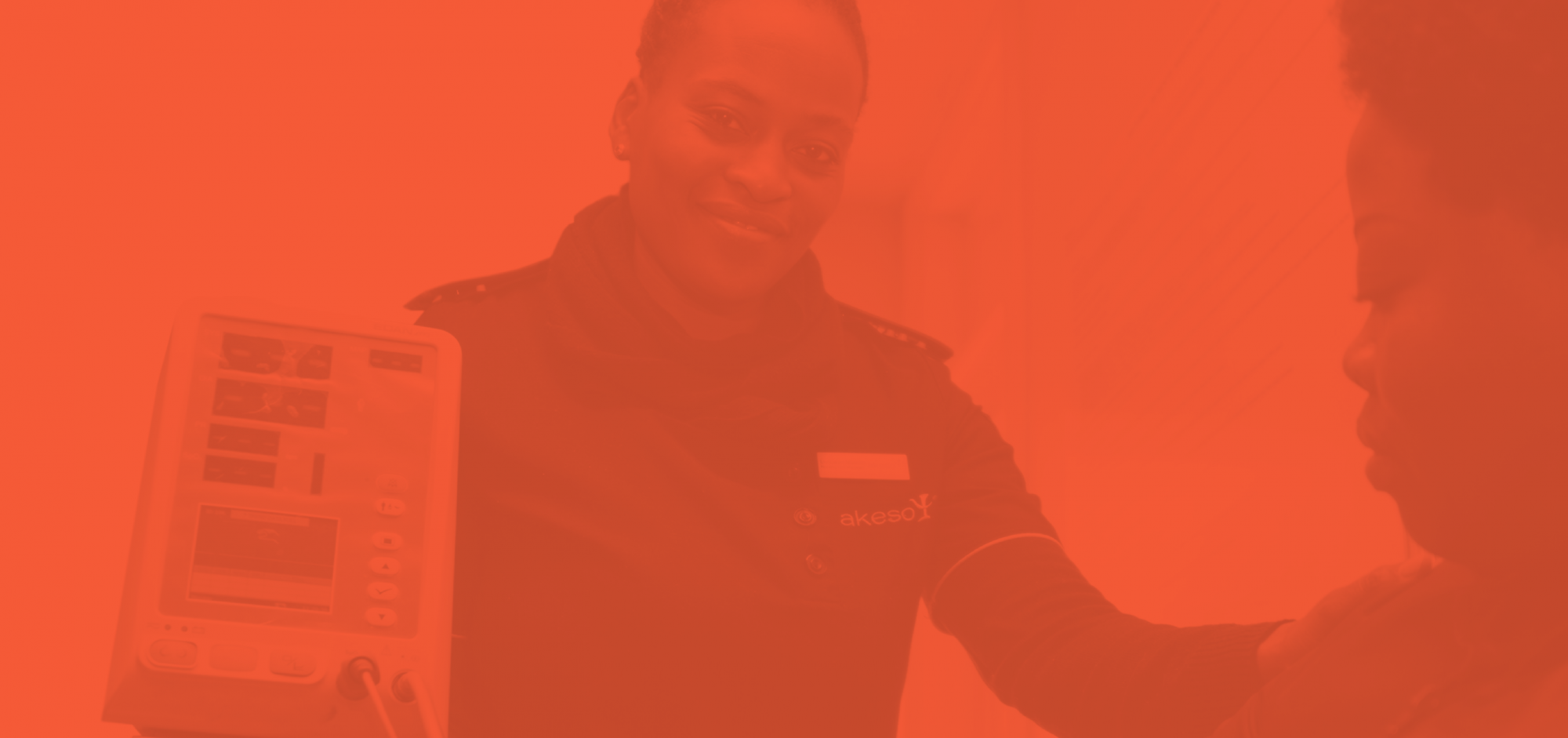
We are still uncovering the mysteries of ALS, but we have an ever-improving road map to promising treatments and cures.
And once we get there, we may unlock critical breakthroughs for a number of neurodegenerative diseases like Parkinson’s disease, Alzheimer’s disease, frontotemporal dementia, multiple sclerosis and beyond.
